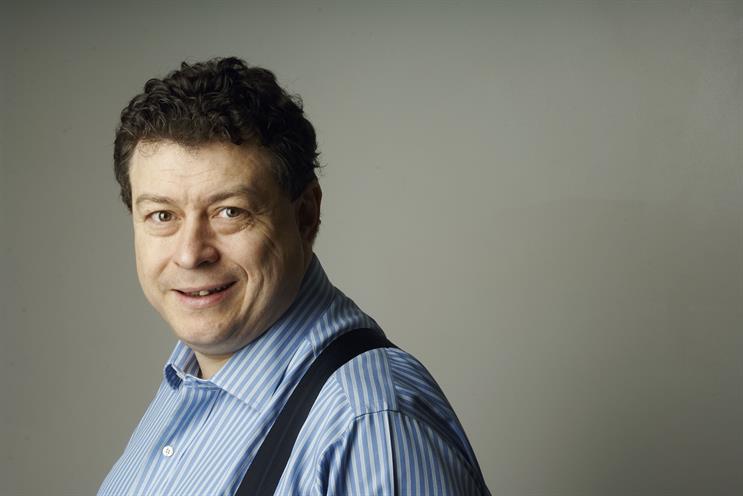Alphabet, the parent company of Google, runs a division now simply called X. It was founded as Google X with the single aim of developing what the company calls "moonshots".
A moonshot is not the same as an innovation – instead of pursuing change by increments, it aims to change something by a factor of ten. So, for instance, the research into driverless cars is funded by X with the explicit aim of reducing road accident fatalities by at least 90%, making roads ten times safer.
The argument for X is that the really major advances in human life have come from things which were not merely a sequence of modest improvements. They were game-changers - Steam versus horse, train versus canal, electricity versus gaslight.
I wish X luck. But I think, despite their funding, engineers will find it difficult. We are now, in many cases, running up against the laws of physics. The scramjet or the hyperloop might be potential moonshots, but making land or air travel speeds ten times faster is a really hard problem.
By contrast, I think psychological moonshots are comparatively easy. In fact, the biggest scope for progress in the next 50 years will come not from improvements in technology but from improvements in psychology and design thinking.
Put simply, it isn’t hard to achieve improvements in perception at 10% of the cost of improvements in reality. Making a train 20% faster may cost millions – making a train journey 20% more enjoyable may cost almost nothing.
The reason this opportunity exists is that we are much, much more wrong about psychology than we are about physics. And also because we have an aspergic business and economic culture which prizes measuring things over understanding people.
The biggest scope for progress in the next 50 years will come not from improvements in technology but from improvements in psychology and design thinking.
Let me give a simple example. The Uber map is a psychological moonshot. It does not reduce the objective waiting time at all. It simply makes waiting 90% less frustrating. This comes from the founder’s flash of insight (while watching a James Bond film, no less) that, never mind what we say, we are much more bothered by the uncertainty of waiting than by the absolute duration. (If we only knew why live-chat, although objectively slow, is nevertheless 90% less frustrating than a corresponding customer service phone call, we could perhaps achieve a 10x moonshot in customer satisfaction.)
My proposal is that every design and advertising agency should aim to achieve one moonshot every year. Not easy, perhaps, in an industry that spends less on R&D than on Domaine Ott. But it would also help if we spent a bit less time "barking at every passing shiny technological car" and focused on human universals instead. And if we spent a bit more time looking for inspiration outside the marketing bubble.
At the Ogilvy Change Nudgestock festival held last week in Folkestone (partly chosen as a venue because it is the last place marketers would choose for a conference) we saw endless opportunities for psychological moonshots.
From Dr Blay Whitby, an expert in cockpit design and aircraft safety, we learned that perhaps medical safety could be improved perhaps by a factor of ten if hospitals adopted practices from the airline industry (the blame-free investigation, for instance).
From former policeman and polymath Steven Colgan, we learned how to fight crime with a few pots of paint – and from an RAF Wing Commander we learned why totem poles kept tribes better behaved. Ed Smith, the former England cricketer and behavioural science expert, explained when confidence pays and when it doesn’t.
Naively, perhaps, I have always believed that the people within agencies, if given the chance, could crack ten times more problems than the ones we are currently asked to solve.
We have all the mental equipment required for a general hospital, but are mostly asked to perform cosmetic surgery. Behavioural science offers us an escape from that trap. Welcome to Madison Valley.
Rory Sutherland is vice-chairman at Ogilvy Group UK.


